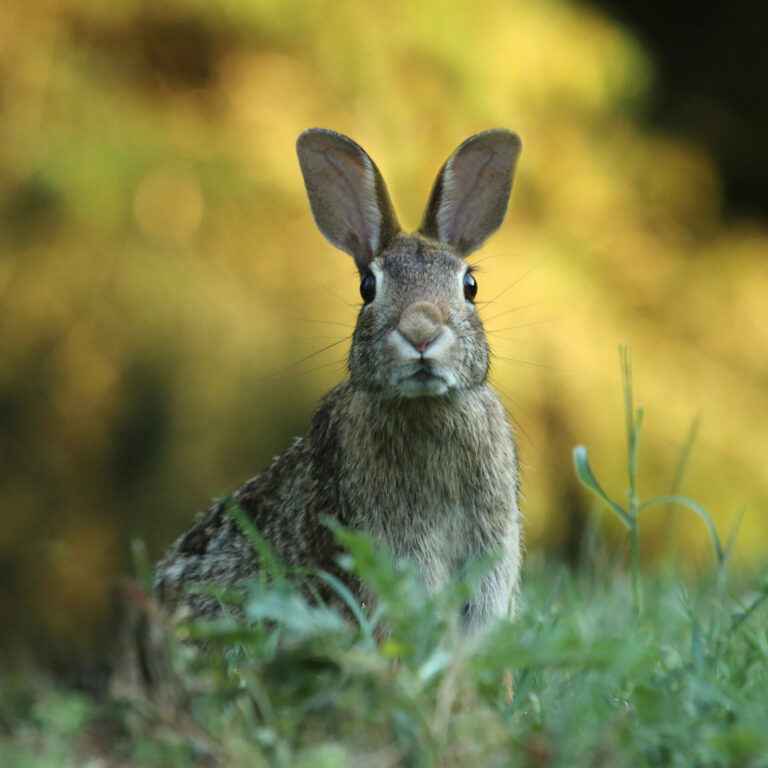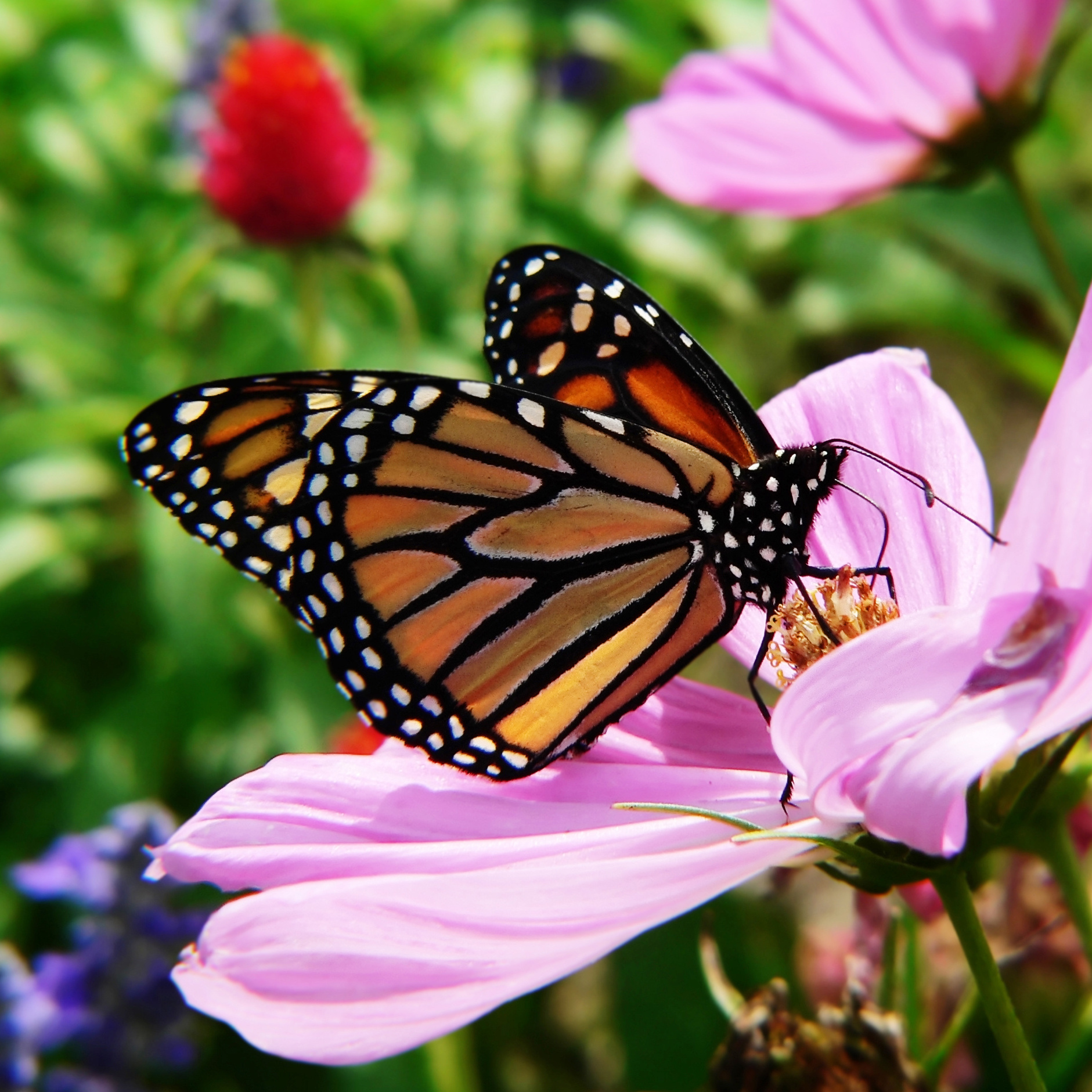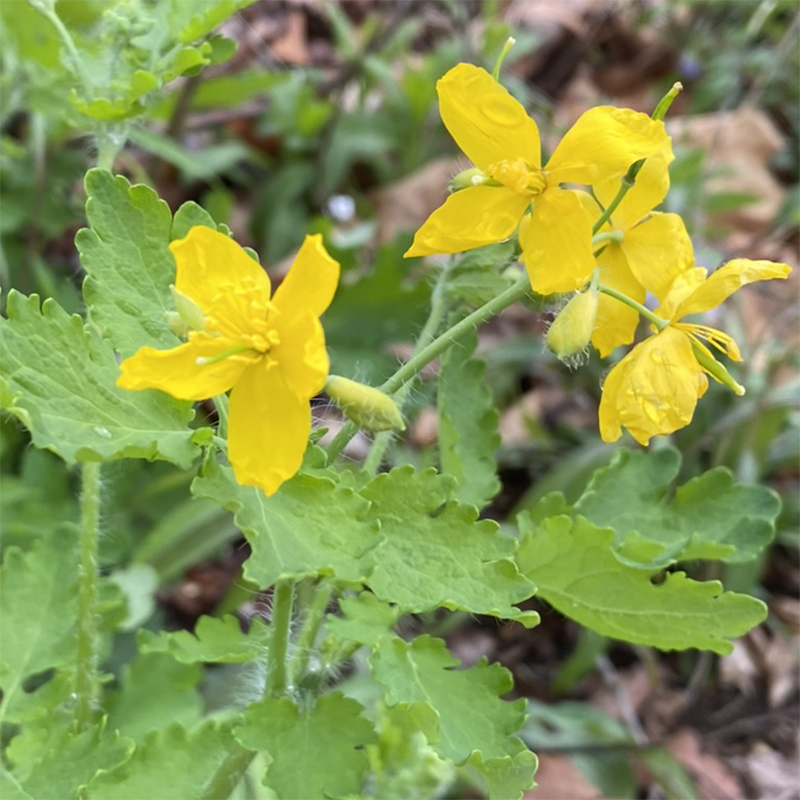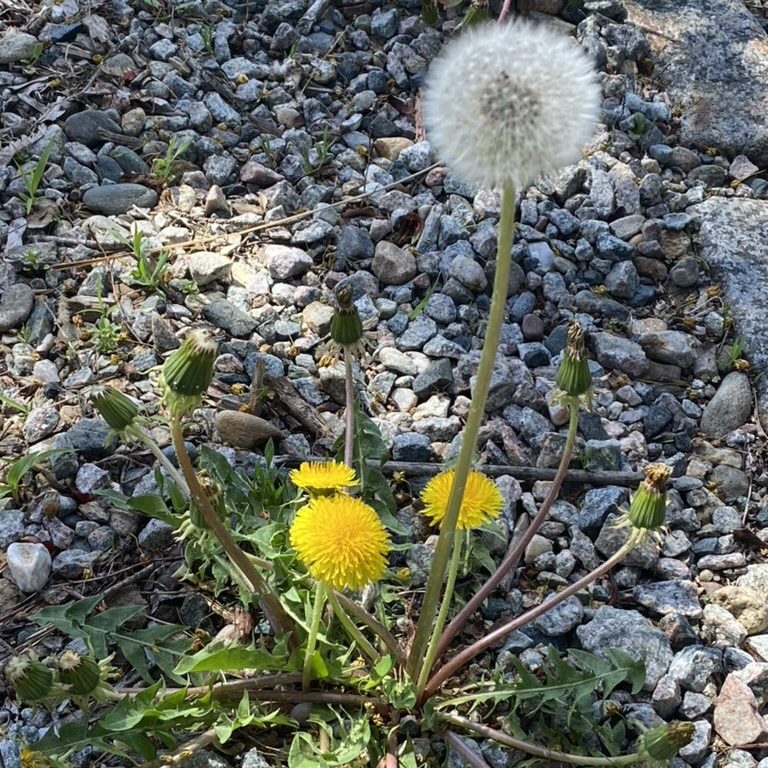By Thomas Christopher

I recently drew a storm of condemnation from Facebook members when I reacted to a much-delayed obituary in the New York Times for the great children’s books author Beatrix Potter. Potter died on December 22nd of 1943, and the Times had ignored the world’s loss then. It attempted to repair this oversight with a survey of her life and career on the most recent anniversary.
My reaction was to remark on social media that personally, I had always rooted for Mr. McGregor. Even as a child, I was outraged that Potter allowed Peter Rabbit to ravage the McGregor garden and then escape scot-free, aside from the loss of his jacket and a dunking in a watering can. I crossed the line, apparently, when I added that I had once, long ago, proposed an article titled “Peter Rabbit Had It Coming” to the editorial board of The New Yorker, promising to include rabbit recipes for gardeners.
My current relations with rabbits are more peaceful. Half a dozen years ago, my wife Suzanne and I collaborated with the Commonwealth of Massachusetts to open up clear-cuts in our woodlot to provide habitat for the threatened New England Cottontail Rabbit. In accordance with the cliché that “no good deed goes unpunished,” the following year a rabbit began feasting in our vegetable garden. This time, I simply installed a fence (albeit at a considerable cost).
My attitude toward wildlife, like that of many gardeners, has evolved. I’ve learned that the so-called “pest-resistant” plants I once favored remained free of damage because they were imports from abroad that didn’t support any of our indigenous insects and thus made no contribution to the food chain. I’ve also moved away from a reliance on chemical pesticides. Initially, this was because of health concerns, but experience has taught me that when left alone, garden insects typically establish a balance between plant-eaters and their predators so that damage remains at a tolerable level.
There are exceptions, such as Japanese beetles and spongy moth caterpillars. These both originated outside of North America and when they were imported onto this continent, they left their predators behind and so proliferate here without the natural controls that operate in their native countries. For these, I have relied on introducing diseases that target only them. Treating my lawn with milky spore disease, which kills Japanese beetle’s immature grubs, has reduced that pest to a harmless level. When spongy moth caterpillars attacked my little apple orchard, I sprayed the young trees with a bacterium, Bacillus thuringiensis, that kills young caterpillars. By carefully targeting the spray, I avoided injuring the caterpillars of other moths and butterflies that inhabit my garden.
One effect of our more enlightened attitude toward wildlife has been the return to the landscape of creatures who had been exterminated regionally long ago. A large black bear, for example, wanders through my yard now on a regular basis. It’s a handsome creature and I rejoice in this evidence of the local ecosystem healing itself. I am not pleased, however, by the bear’s habit of tearing down my garden fence every time it visits. Last summer some creature stripped all the fruit from my dwarf cherry tree, and Suzanne found a pile of bear scat nearby. I assume that the bear, having once found a delicious meal in our garden is making sure that it doesn’t miss other opportunities. This worries me because the garden also includes young plum and pawpaw trees that hopefully will soon be adding to my harvest, and to the further whetting of the bear’s appetite. My research indicates that only a really powerful electric fence will deter the bear. I’m not looking forward to the Cool Hand Luke ambiance this will give my garden, nor to the $1,000 or more the materials are going to cost me and all the labor of installation.
So coexistence comes with costs. My Facebook detractors told me I should have just planted an extra row of lettuces to feed Peter Rabbit’s Yankee relatives, but my experience has been that planting more simply encourages more visits, eventually with offspring. Setting limits is essential. Beatrix Potter wrote lovely stories, but they were fiction. She, as she noted in her diary, had the gamekeeper bring her specimens of her wildlife stars so that she could dissect them to make sure her illustrations were accurate. Our bear may miss a meal, but it doesn’t have to worry about that.
Be-a-Better-Gardener is a community service of Berkshire Botanical Garden, located in Stockbridge, Mass. Its mission, to provide knowledge of gardening and the environment through a diverse range of classes and programs, informs and inspires thousands of students and visitors each year. Thomas Christopher is a volunteer at Berkshire Botanical Garden and is the author or co-author of more than a dozen books, including Nature into Art and The Gardens of Wave Hill (Timber Press, 2019). He is the 2021 Garden Club of America’s National Medalist for Literature, a distinction reserved to recognize those who have left a profound and lasting impact on issues that are most important to the GCA. Christopher’s companion broadcast to this column, Growing Greener, streams on WESUFM.org, Pacifica Radio and NPR and is available at berkshirebotanical.org/growinggreener.







